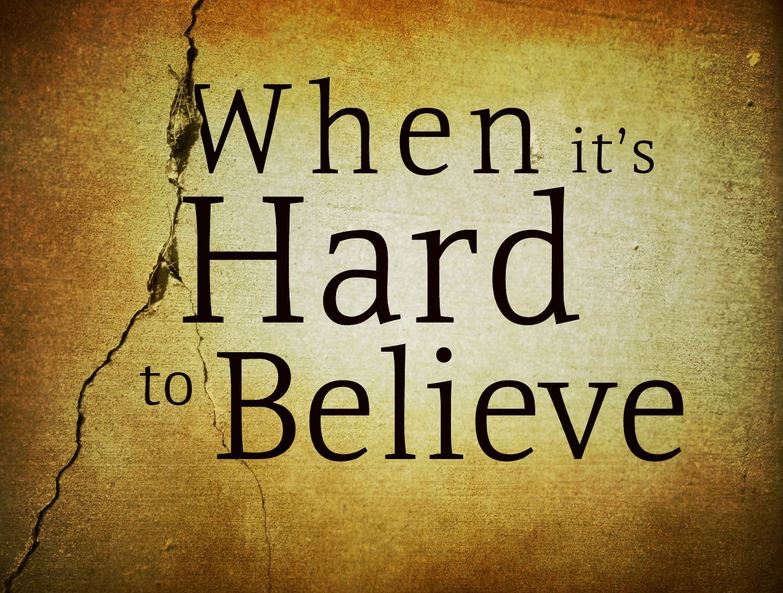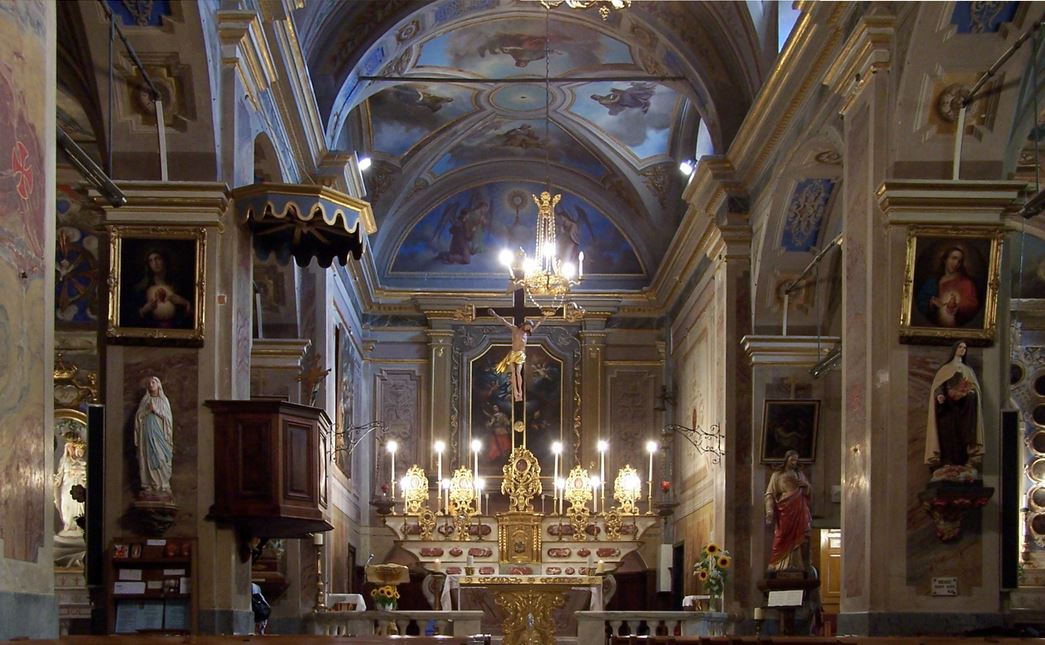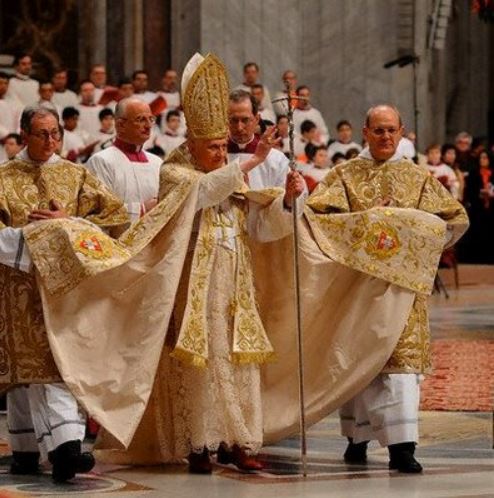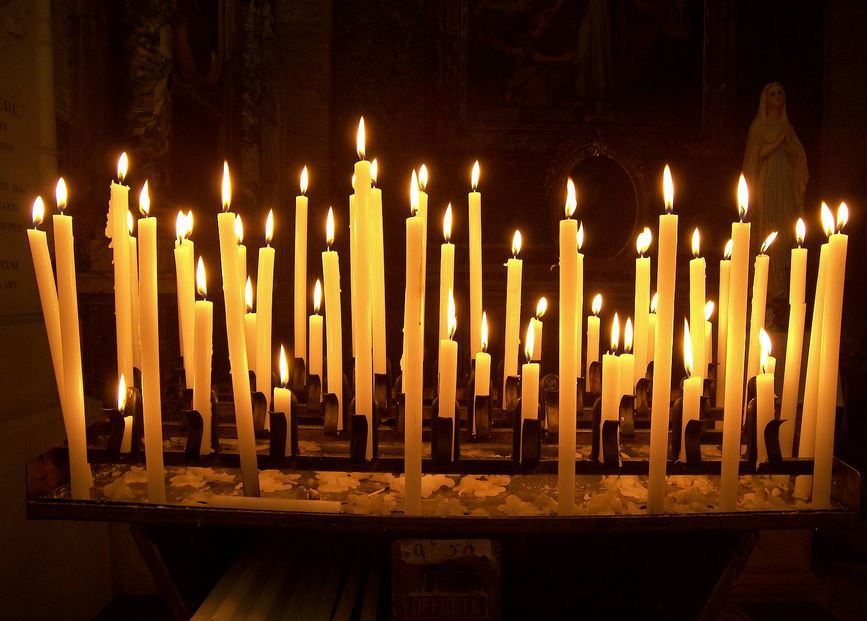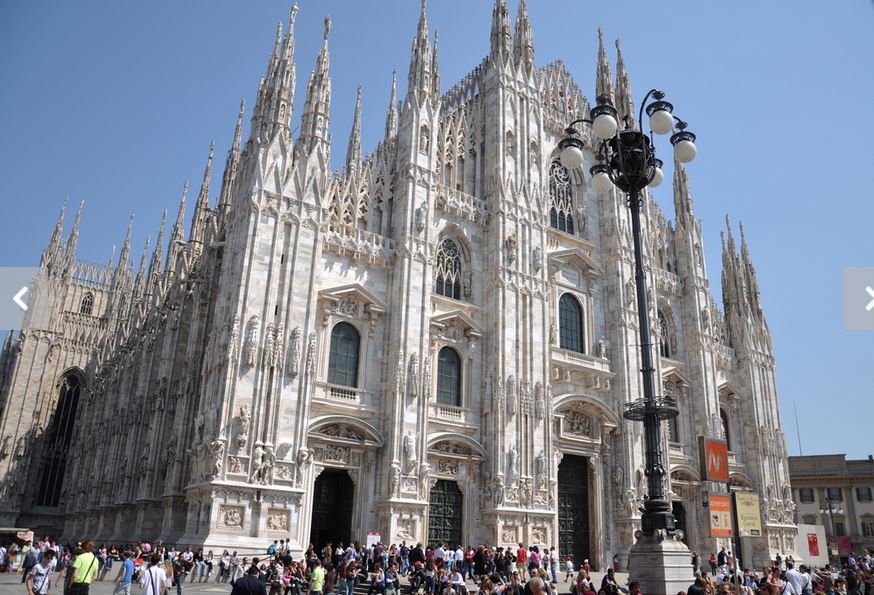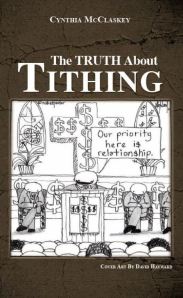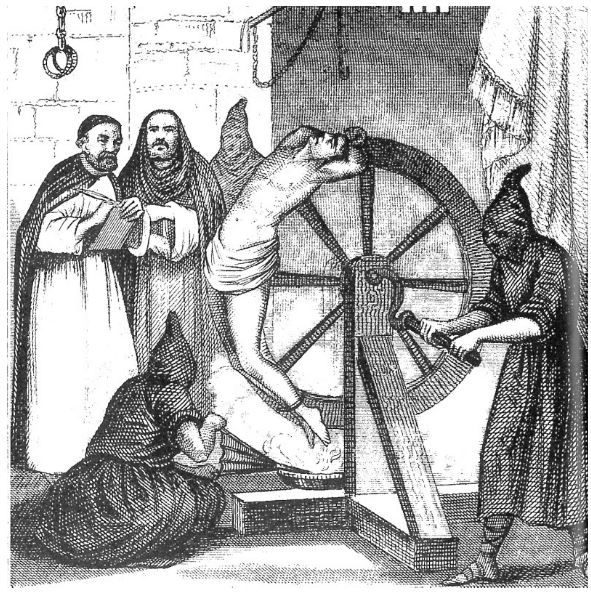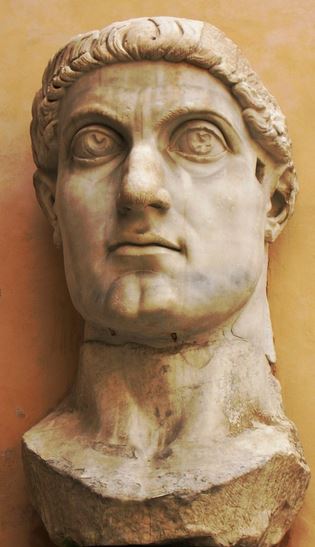 The laws of Constantine, which were the outcome of the triumph of Christianity, mark the greatest era in the history of the world. Christianity was not a state religion at the time, and the persecution of Christians had already been going on sporadically throughout the empire. But after Constantine defeated his brother-in-law, Licinius, who was his rival, Constantine “openly avowed himself the patron of the new religion (Backhouse).” However, he was not a member of the Church until his baptism just before he died. He identified himself with Christianity in order “to bring all nations to agree in one opinion concerning matters of religion and to restore the sick world to health (Backhouse).”
The laws of Constantine, which were the outcome of the triumph of Christianity, mark the greatest era in the history of the world. Christianity was not a state religion at the time, and the persecution of Christians had already been going on sporadically throughout the empire. But after Constantine defeated his brother-in-law, Licinius, who was his rival, Constantine “openly avowed himself the patron of the new religion (Backhouse).” However, he was not a member of the Church until his baptism just before he died. He identified himself with Christianity in order “to bring all nations to agree in one opinion concerning matters of religion and to restore the sick world to health (Backhouse).”
When “He discountenanced the heathen worship, exhorted his subjects to embrace the Gospel, and selected the members of the Church as the objects of his patronage,“ thus began a church system that, to this day, exists throughout the world in every sect of human society. He elevated men to positions of honor, prestige and power that brought about the biggest corruptions the world has ever known. . . corruptions that, even today, exist, and, control the masses in individual religious institutions.
“But when Constantine began to distinguish the Christians from the rest of the community by State gifts and Imperial favours, and even set himself up as their head, he went beyond his province as a magistrate, and invaded the prerogative of Christ. Amongst his acts of this kind may be specified:
- The endowment of churches with revenues derived from the confiscation of heathen temples, and from the common funds of the cities; [Later this mutated into confiscation of the property of Christians who refused to submit to the Church of Rome.]
- the appropriation to the Church and clergy of a portion of the corn and other produce which was received in kind by the officers of the revenue, and also of the tribute exacted from conquered nations; [This mutated into forced tithes and offerings in today’s churches.]
- the exemption of the clergy from all civil offices.
- He even proposed to free the Church lands from taxation, but this law was afterwards repealed. [This mutated into tax exempt status for clergy.]
No less revolutionary, or less fruitful in results, were two other measures; by one of which litigants, instead of taking their suits to the civil courts, were permitted to carry them before the bishops, whose decisions were to be enforced by all governors and military officers; by the other (measure) the clergy were empowered to receive bequests and to hold lands, a gift which would scarcely have been exceeded if the Emperor had granted them two provinces of the Empire. It became thenceforth almost a sin to die without some bequest to pious uses; and before a century had elapsed the mass of property which had passed over to the Church was so enormous, that the prodigality of the devout had to be restrained by law. “The evil effects of this policy were such as might have been expected. Many rich men procured for themselves “ordination” as ecclesiastics, in order to enjoy the immunities and privileges attached to the clerical office. The Emperor became alarmed, and saw that measures must be taken to secure the interests of the State; he therefore prohibited all such as were by their property qualified to fill municipal and other public offices, from entering the priesthood, and (a new exercise of authority) deprived of their ecclesiastical rank all such as were in this way evading their civil duties (Backhouse).”
The first interference by Constantine in the affairs of the church was in 313 A.D. However, this was not by force that this happened. It was by sheer coincidence that Constantine was pulled into the position by the Donatists who, “committed the great error of invoking Imperial aid.”
Before Constantine’s interference, a synod had already been held amongst bishops and presbyters in 305 A.D. What was realized during the debates was that “it became apparent that scarcely one present (church leaders) was entirely clean-handed.” The conclusion of this synod was that all of the dirty laundry of these leaders would be suppressed and forgotten! In other words, shoved under the rug. [Doesn’t this sound familiar?’]
“The “pious fraud” already mentioned as practised by Mensurius, Bishop of Carthage, in passing off some heretical writings in place of the Holy Scriptures, drew upon him the censure of some of the Puritans. [When the Christians were being persecuted, all scriptures were sought out and burned. Some bishops refused to give up their copies and turned over instead heretical writings to be burned instead. This is what Menssurius did and the Puritans used his decision against him to discredit him.] But it was his prudent conduct in checking the inordinate reverence for martyrdom that brought out the ill-humour of the disaffected. He saw that there were too many would-be martyrs, whose characters would not bear scrutiny, — insolvent debtors, for example, fanatics and idlers who were fed by injudicious devotees; and with his archdeacon, Caecilian, he did his best to discountenance the mistaken reverence with which good Christians regarded these undeserving men (Backhouse).”
What Mensurius realized was that the would-be martyrs (leadership) were frauds! But, they had follow-ship and their follow-ship revered them as holy and righteous, when if fact, they were not. He saw what was being swept under the rug and did his best to expose the truth! In turn, these leaders did their best to discredit Mensurius. [This same thing is happening in today’s churches when church leadership is exposed. The victims of clergy abuse are attacked by the congregants and discredited if they speak out about the abuse.]
“During the lifetime of Mensurius the storm was brewing; it burst when Caecilian succeeded him, A.D. 311.” It was at this time that the bishops began their fight to remove Caecilian as bishop and thus began the schism that set the churches as naught. In consequence of this proceeding, the whole Church of North Africa was divided into two hostile camps, the supporters of Caecilian, and the adherents of Majorinus, or rather of Donatus, Bishop of Casae Nigrae. . . (Backhouse)”
This is when the appeal was made to Constantine for his help in deciding who should be bishop. This was the first instance in “which the Church asked aid of the State for the settlement of her internal affairs. It was a fatal precedent, the commencement of an unholy alliance by which the Church was a sore loser.”
“Constantine at first showed some displeasure, but soon accepted the position to which the schismatics invited him, and made him self judge between the contending parties. . . Swayed doubtless by his counsels, Constantine at length came to consider that the duty of settling disputes in the Church belonged to him, not only as Emperor, but as Pontifex Maximus.” (The Pontifex Maximus, or chief of the Pontiffs, was the highest sacerdotal functionary of ancient Rome. He was the supreme judge in all religious matters. When the Republic was merged in the Empire, the new rulers assumed to themselves this dignity, as they did the other high offices of State. Even the Christian Emperors for awhile retained the title.)” Thus began the control of the masses through religion, by the new Pontif! Thus began the corrupt system by which this Pontif controlled the empire. However, “Constantine had not counted the cost; and in constituting him self arbiter of the Christian differences, he did not find himself upon a bed of roses. The interminable quarrels amongst the bishops, and disputes as to heretical doctrine, gave him no rest during the remainder of his days (Backhouse).” [The same disputations about doctrine are STILL taking place today between various religious sects!]
Constantine, was irritated at the obstinacy of the bishops after confirming Caecilian. But, he did not stop there. “He proceeded to enforce his decision by the aid of the secular power. The losing party were proscribed as enemies to the State. Decrees were issued depriving them of their Churches, confiscating their ecclesiastical property, and exiling their bishops. They defied the authority of the Emperor, who sent an armed force under Ursacius, a Count of the Empire, to reduce them to submission. The “Catholic” party were only too ready to assist in this crusade. A sanguinary contest ensued; and now for the first time the world beheld the followers of the Prince of Peace engaged in slaughtering one another. The Imperial attempt at coercion stirred to its depth the fanaticism of this hot-blooded province. Bands of furious desperadoes, known under the name of Circumcelliones, who held their own lives cheap, and deemed no death too cruel for those who differed from them, swept over the country, carrying fire, torture, and slaughter wherever they came. Their war cry was Deo laudes (Praises to God), and because Christ had forbidden the use of the sword to Peter, they took for their weapon a huge and massive club, which they named The Israelite. The Catholics, according to their own admission, were not far behind them in violence; they appealed to the Old Testament to justify, by the examples of Moses, Phineas and Elijah, the Christian duty of slaying by thousands the renegades or unbelievers. It must be acknowledged that the first-fruits of the alliance between the Church and the State were bitter enough (Backhouse).”
“The political events of the reign of Constantine from the death of Maximinus Daza in 313 may here be briefly noticed. Licinius, after his defeat in 314, fell back upon Paganism, and became its champion. The struggle between himself and Constantine for the dominion of the world was renewed in 323, when Licinius was defeated in two great battles, and was shortly afterwards put to death by order of the conqueror. Constantine, thus become sole ruler, resolved to remove the seat of Empire to Byzantium, which he called after his own name, Constantinople. The new city was solemnly dedicated in 330 (Backhouse).”
Constantine’s laws gave clergy money, power and prestige. Later, they were given tax exempt status as well. Under Constantine, the face of Christianity changed dramatically. Using secular strength, Constantine was able to force his brand of “Christianity” onto the populous under penalty of death. When the church realized the great error they had made and the unprecedented persecutions that it invoked, it was too late. As a result of this un-holy alliance, millions lost their lives over the successive centuries if they did not submit to the control and wishes of the Pontifex Maximus. The Church of Rome’s administrative prowess and power was impossible to fight against. Thus:
The pagan church of Rome merged with Christianity to produce a “system” of worship that has mutated, birthed new corruptions, and proliferated. The fruit of the corruptions are still money, prestige and power for clergy and church leaders. However, one of the mutations that has reaped havoc the world over has been the twisting of scripture to relegate women to servitude to men. Thus, the sexual exploitation of women was rampant then and, is rampant throughout the world today. Not only this, the sexual exploitation of children ensued then, and is also rampant today as a result. Religious institutions have hidden their atrocities under the mantle of “righteousness” called the church just as bishops of the early centuries hid their sins under the same mantle. Millions have been duped into following un-holy men that are well hidden under a “cloak” called, pastor, priest, or some other religious title. It is time for this cloak to be removed and the truth to be revealed.
As a result of Constantine’s leadership, the church system turned into a “Beast,” and during a period of several hundred years, [We had the Crusades, the Reformation, the Inquisition; all of which entailed murder and mutilation of believers as well as the confiscation of property.] millions lost their lives as a result (the majority of which were women, by the way). Today, clergy still have the same power, control and prestige. Base men rule over congregations earning lavish salaries off the backs of those within their congregations. Tax exempt status and perks and privileges of ecclesiastical positions are still an enticement for “less-than-desirables” to enter the ranks of church leadership. Sex offenders and Pedophiles have made their homes within the system. Sex trafficking is rampant. The “Beast” that was then, still exists today but has become more subtil, more enticing, more educated in the ways it can manipulate and control and extract money. Scripture translations were corrupted and women lost their autonomy, equality, dignity and honor as a result.. Every area of religion that man has touched, he has corrupted. Millions have been affected. The victims are innumerable.
The clarion call was sounded ages ago and, it has not been heeded. Rev. 18:4: “Come forth out of her, My people, that ye may not partake with her sins, and that ye may not receive of her plagues (YLT). Judgment will begin at the house of God and soon, if God’s people do not wake up, sound the alarm, and purge what is hidden from their midst and, undo what has been corrupted.


